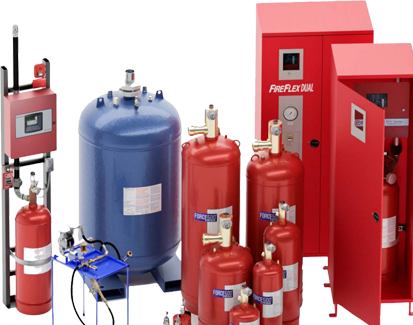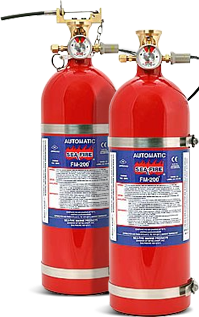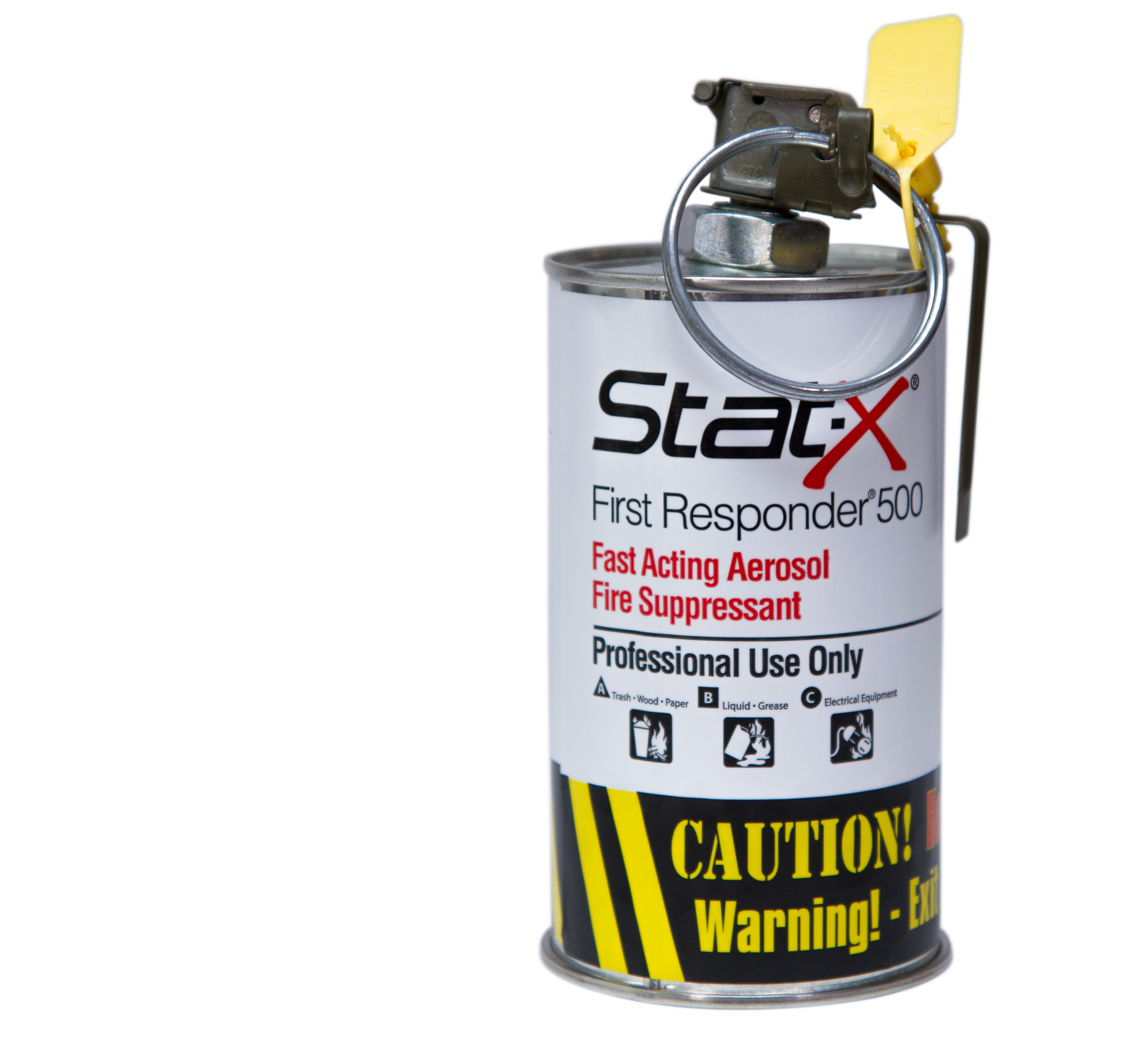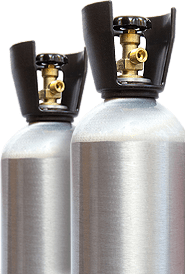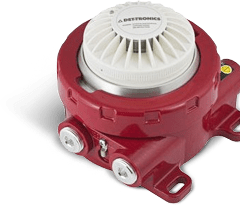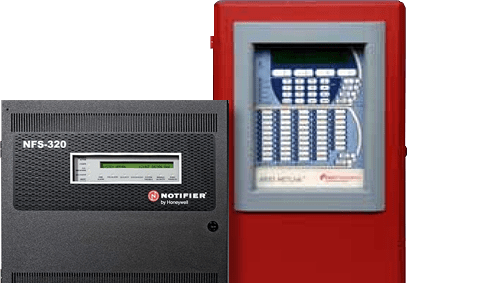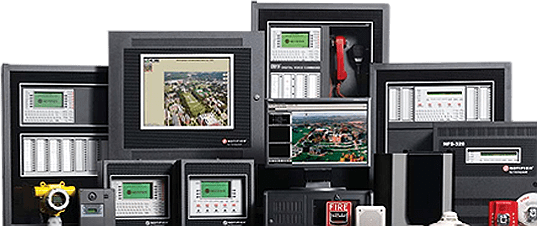Why Specialized Fire Suppression Systems are Essential for Data Centers
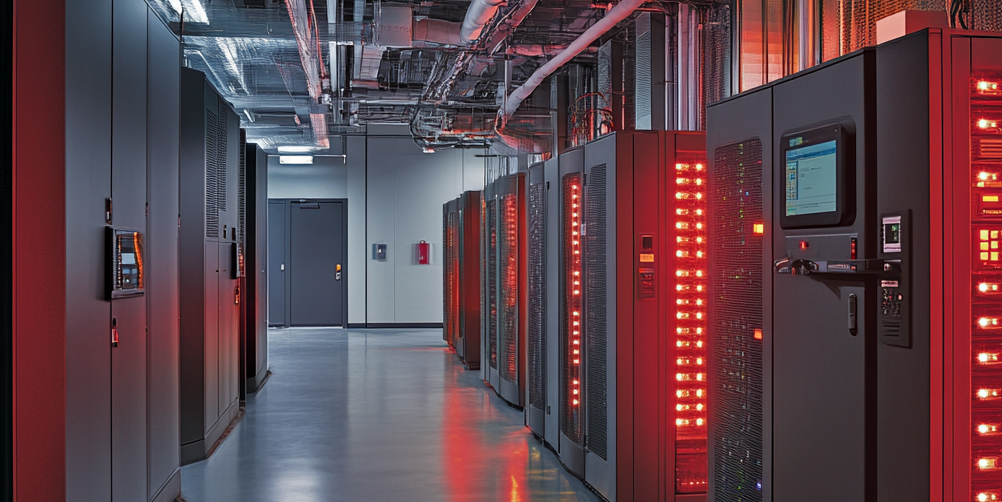
Those who manage large data centers understand the vulnerability to data loss or the complete shut down of the business if the proper measures to protect the data center are not employed.
Unique Challenges in Data Centers
Large corporate data centers a generally characterized by a number of high-risk factors for both fire prevention and protection. The most recognized risks include the following.
Explore further
- Data centers tend to pack very high value equipment into a very small footprint. These densely packed server racks and power supplies tend to generate heat and involve massive amounts of electrical energy, both of which can easily become a fire risk.
- The presence of high fire loads, mostly of volatile and flammable plastics can be a source of fire, and noxious gases and smoke that can easily fill an entire building from only a small fire.
- The greatest risk for most businesses is the loss of data or time if the data center is put out of commission. The equipment, that is vulnerable to normal fire suppression methods, usually contains data that is vital to the operation of the business and the continuation of business activities. The use of specialized suppression systems and agents can potentially save thousands of dollars.
The Dangers of Traditional Suppression Systems
Traditional fire suppression systems in commercial occupancies rely on water delivery to suppress and extinguish fires automatically. Unfortunately, data centers are particularly vulnerable to damage by water bases systems. Beyond the dangers of spreading large volumes of water in a small area with tightly packed electrical equipment, computers and other digital equipment are susceptible to damage from the water itself. All too often, the dollar cost from the extinguishment of a fire in a data center outweighs the cost of the actual fire damage.
Many organizations have chosen to install dedicated fire suppression systems that use chemical suppression agents to solve the problem of equipment damage resulting from system activation. Unfortunately, there are other costs to consider with these suppression agents. Many of these chemicals pose known health risks to employees who may be inadvertently exposed. In addition, some of these chemicals have known environmental concerns that become a factor in clean up after the fire.
Benefits of Specialized Fire Suppression Systems
New and highly efficient fire suppression systems using what are considered safe fire suppression agents are now available. The clean suppression agents leave no harmful residues after their use, posing no threat to personnel during cleanup. These systems are designed and engineered to provide rapid deployment to effectively contain and extinguish fires to minimize damage to vital equipment. Surrounding equipment is spared damage from these specialized agents protecting vital damage and ensuring a rapid return to operation. The systems have been tested and approved meeting industry and regulatory standards.
Choosing the Right System
When designing and installing a specialized fire suppression system in a data center, there are certain factors that must be considered. Among these are the following.
- The physical size and layout of the data center and the location and layout of the data center equipment must be considered.
- Not only the arrangement of the equipment, but also the types of equipment and the materials present in the data center are important to the planning process.
- Being a good steward of the environment is essential to the planning process.
- Of course, any system must meet the regulatory requirements of the jurisdiction having authority.
Maintenance and Inspection
Once installed, any fire suppression system must be routinely inspected, tested, and maintained to ensure the proper operation of the system when needed. Most JHA require such systems to be inspected routinely and tested to maintain certification. Contracting for these services is often more efficient and less costly than continually training in-house personnel. Having a certified professional perform inspections and maintenance may also reduce liabilities and, in some cases, impact insurance costs.
Conclusion
An investment in a specialized fire protection system can be a burden. However, in the long run, the costs may be mitigated by the reduction of risk. Quicker turnaround for clean up and return to service with these specialized agents can be a cost saving. While the initial investment may be challenging, the loss of invaluable company data in the event of a fire could be crippling to any company.
Designing and installing a specialized fire suppression system in data center operations is not a task to be undertaken lightly. Aside from the regulatory requirements, providing the right level of protection, in the right places, with the right equipment requires training and expertise.
People also search
Control Fire Systems should be your go to resource for such a project. Our trained specialists can design and install your specialized fire suppression system. If you need to upgrade of add a fire suppression system to your data center, a call to Fire Control Systems sales specialists can get the ball rolling.






